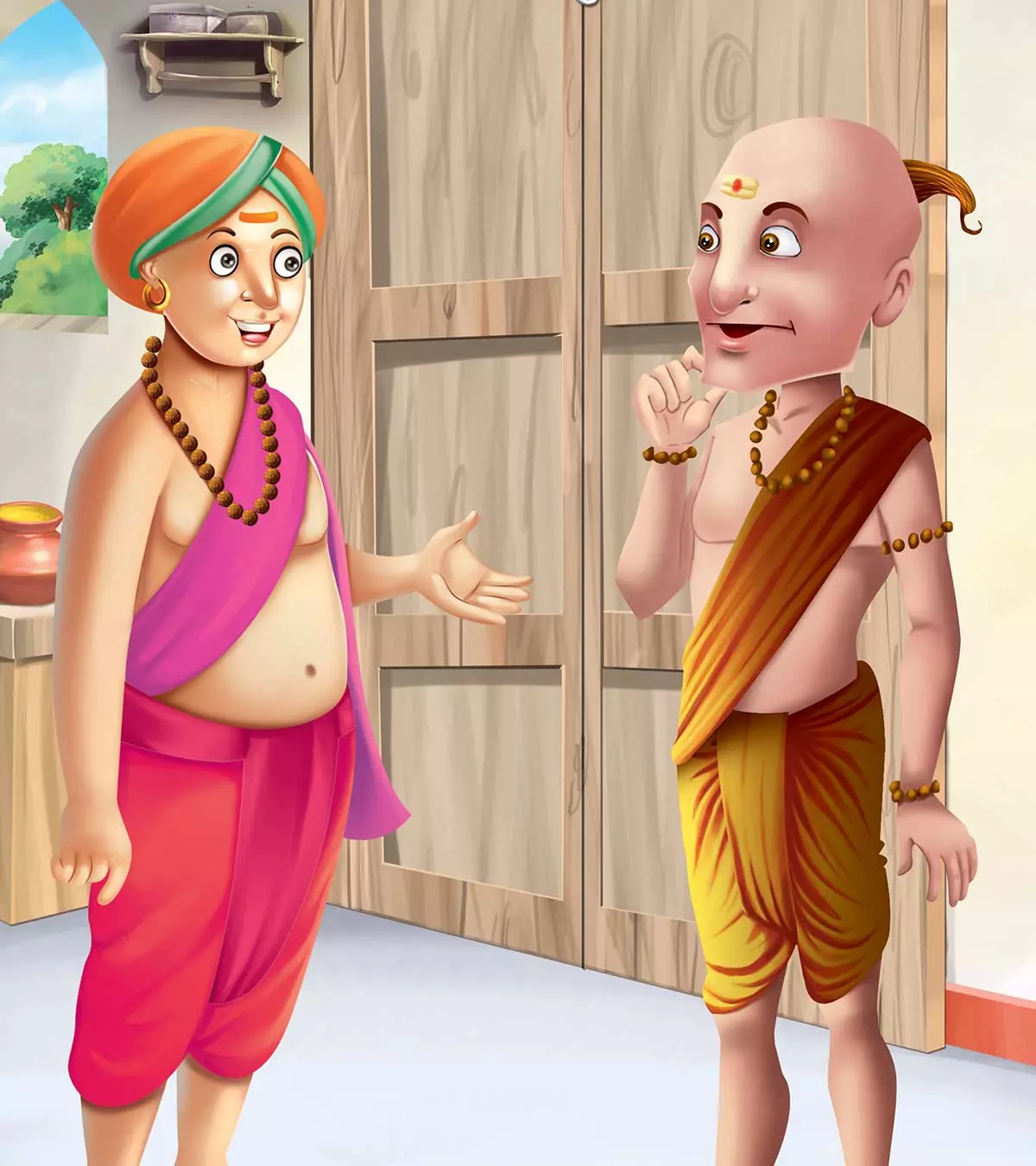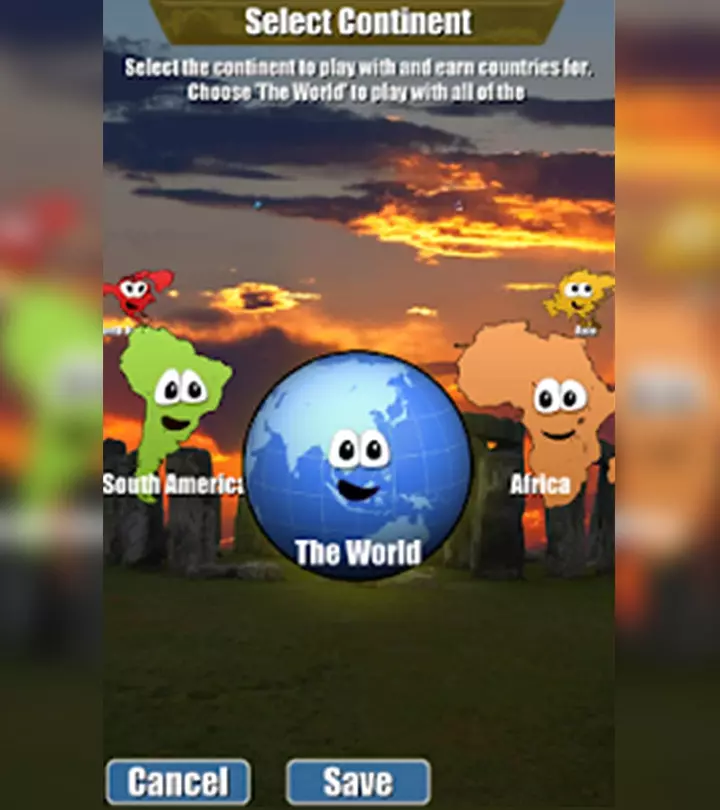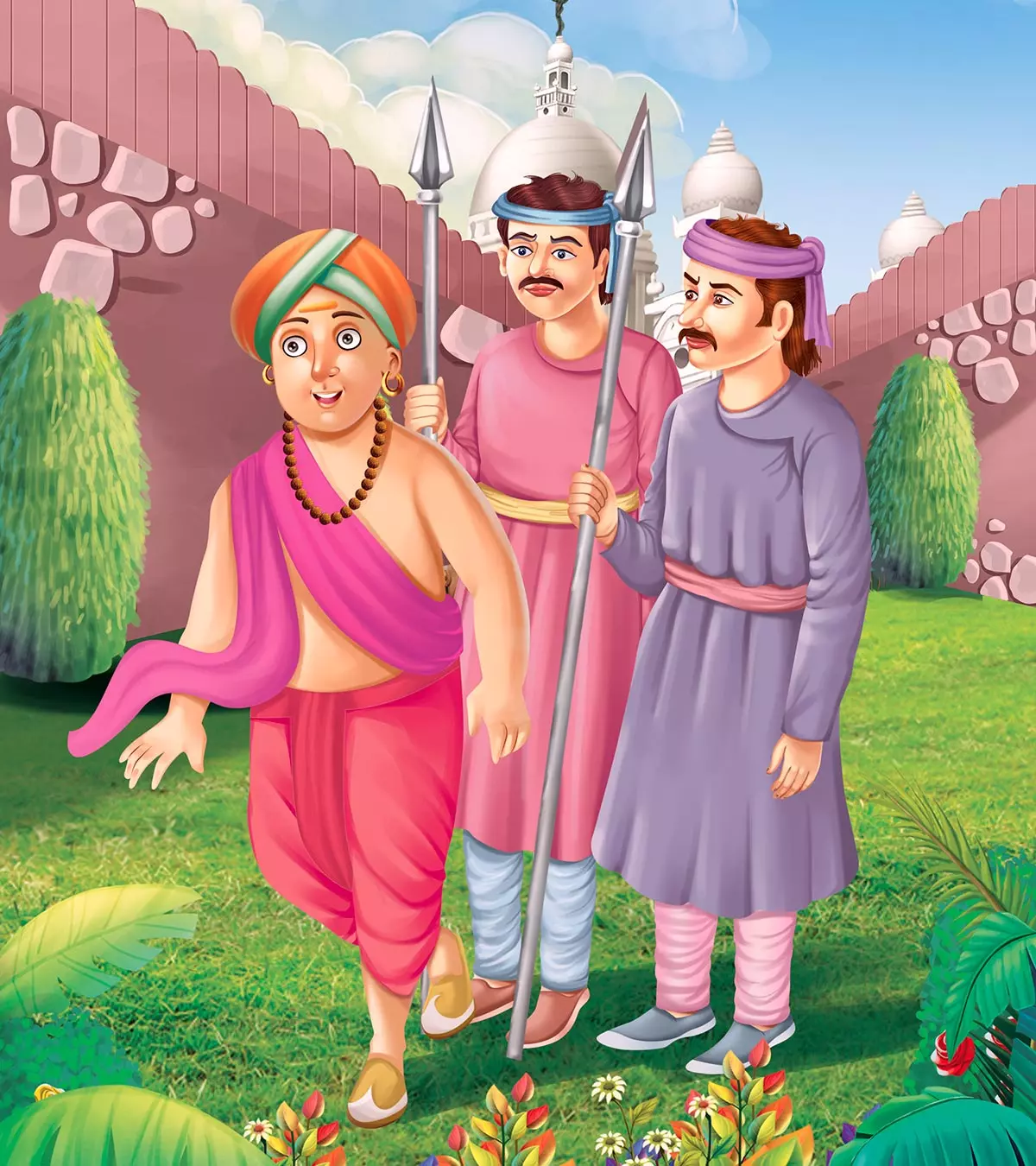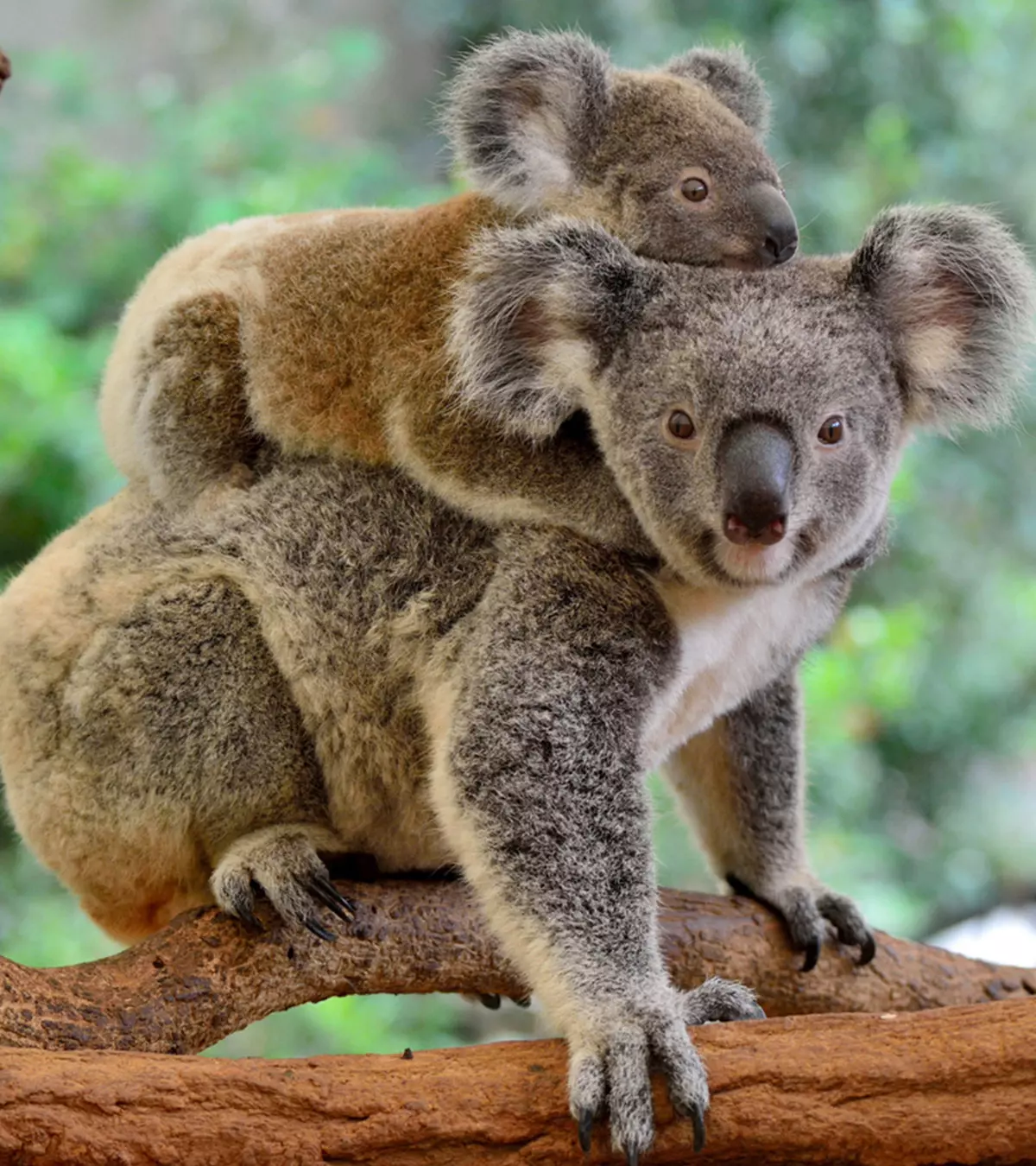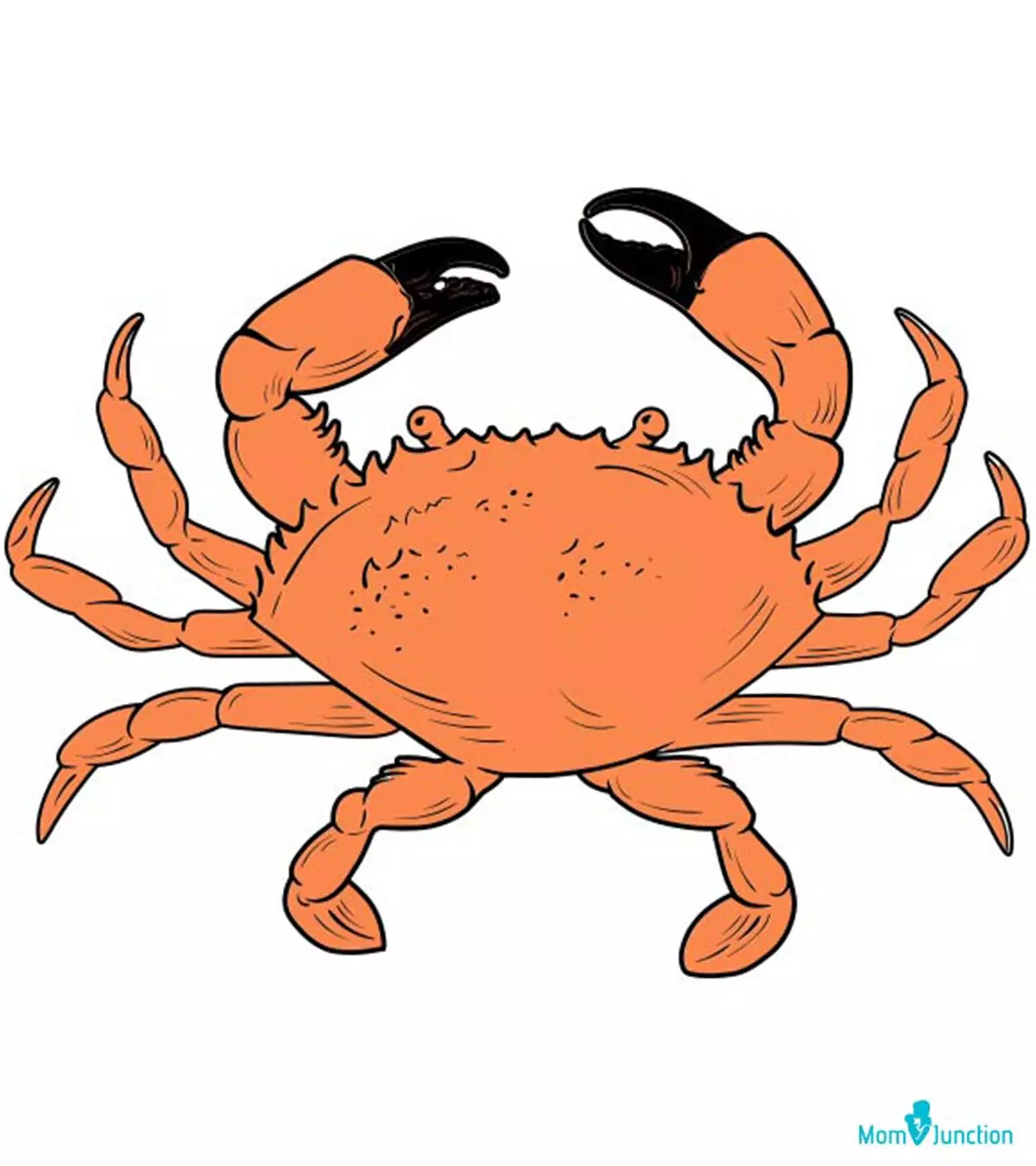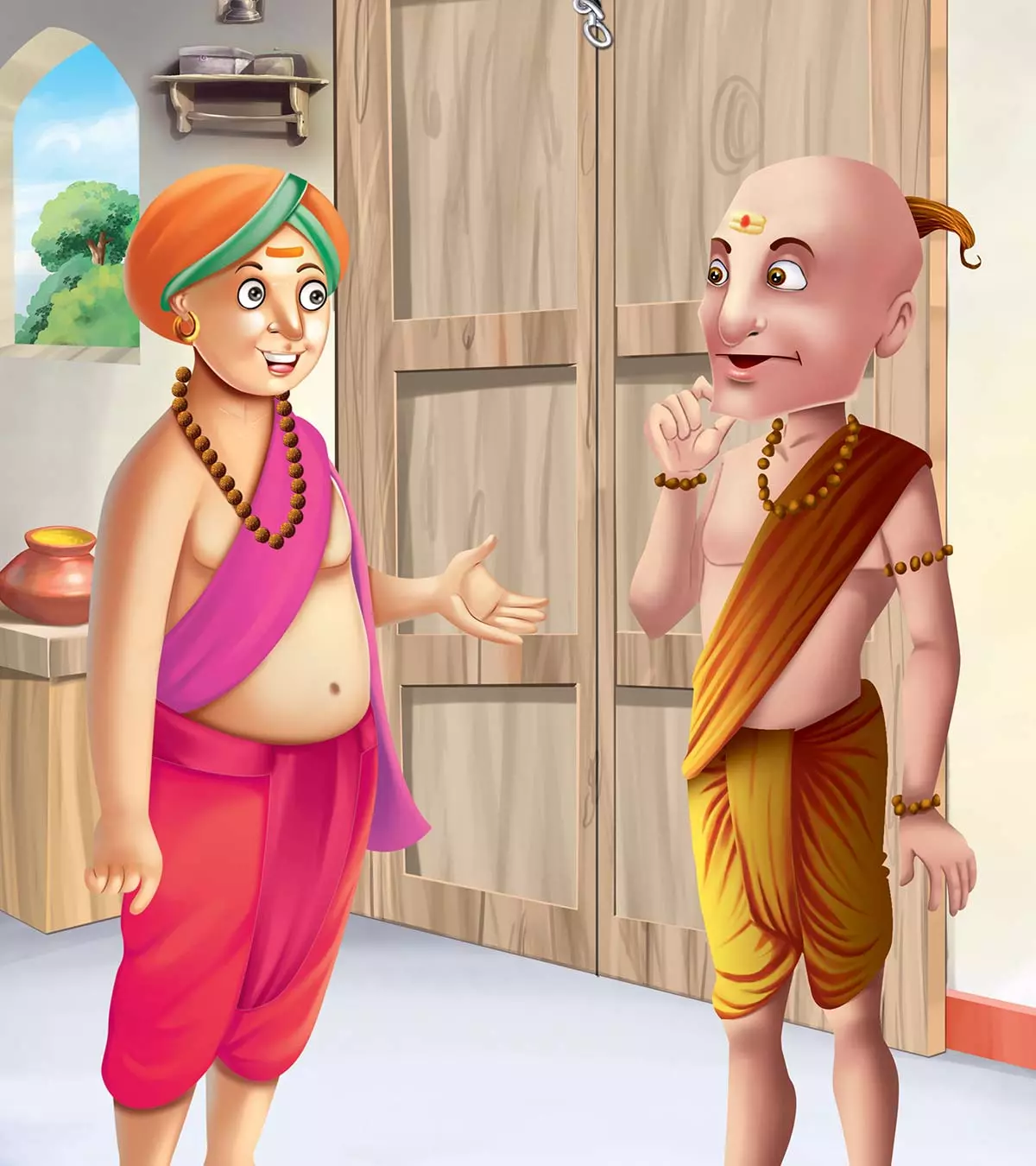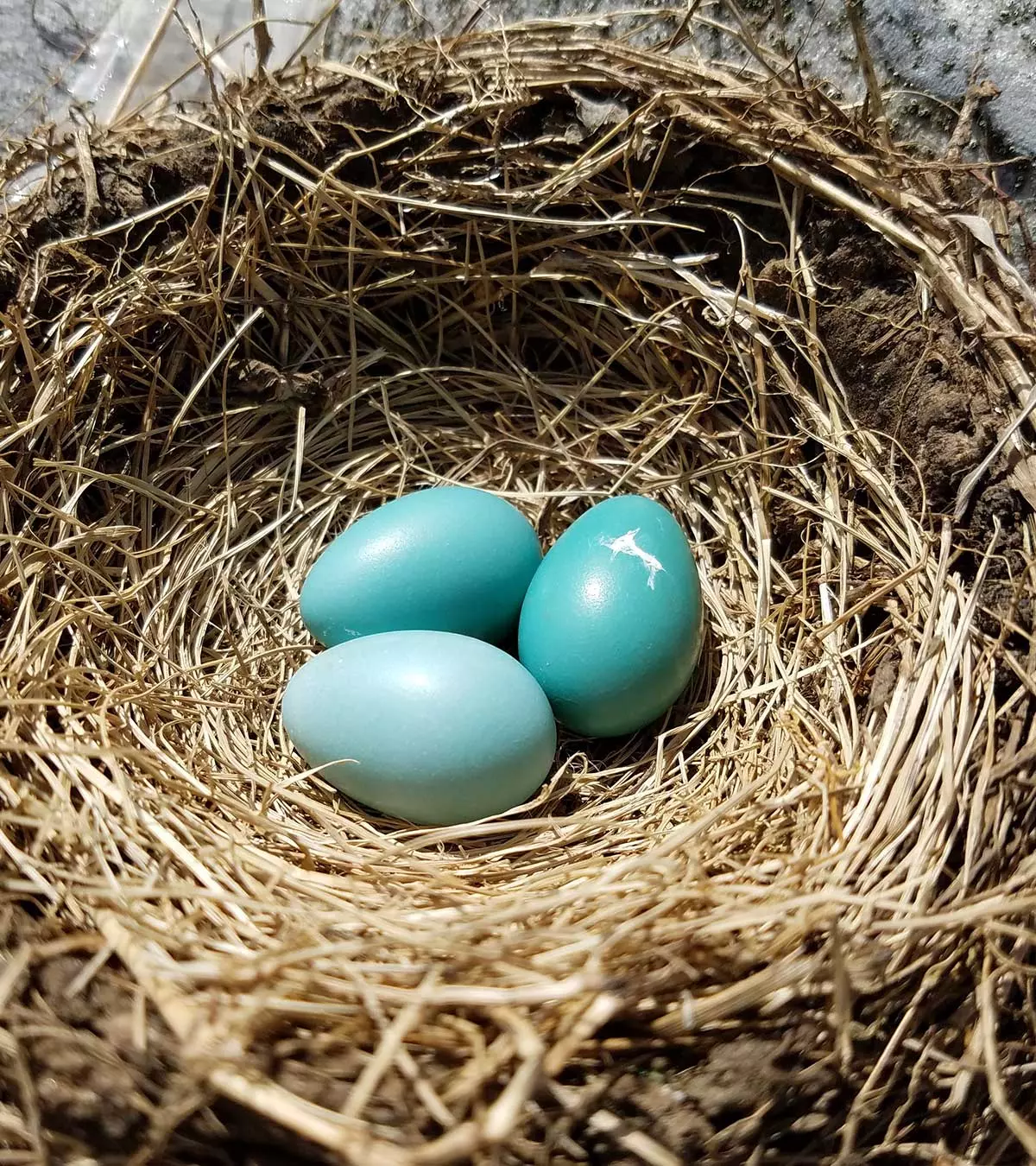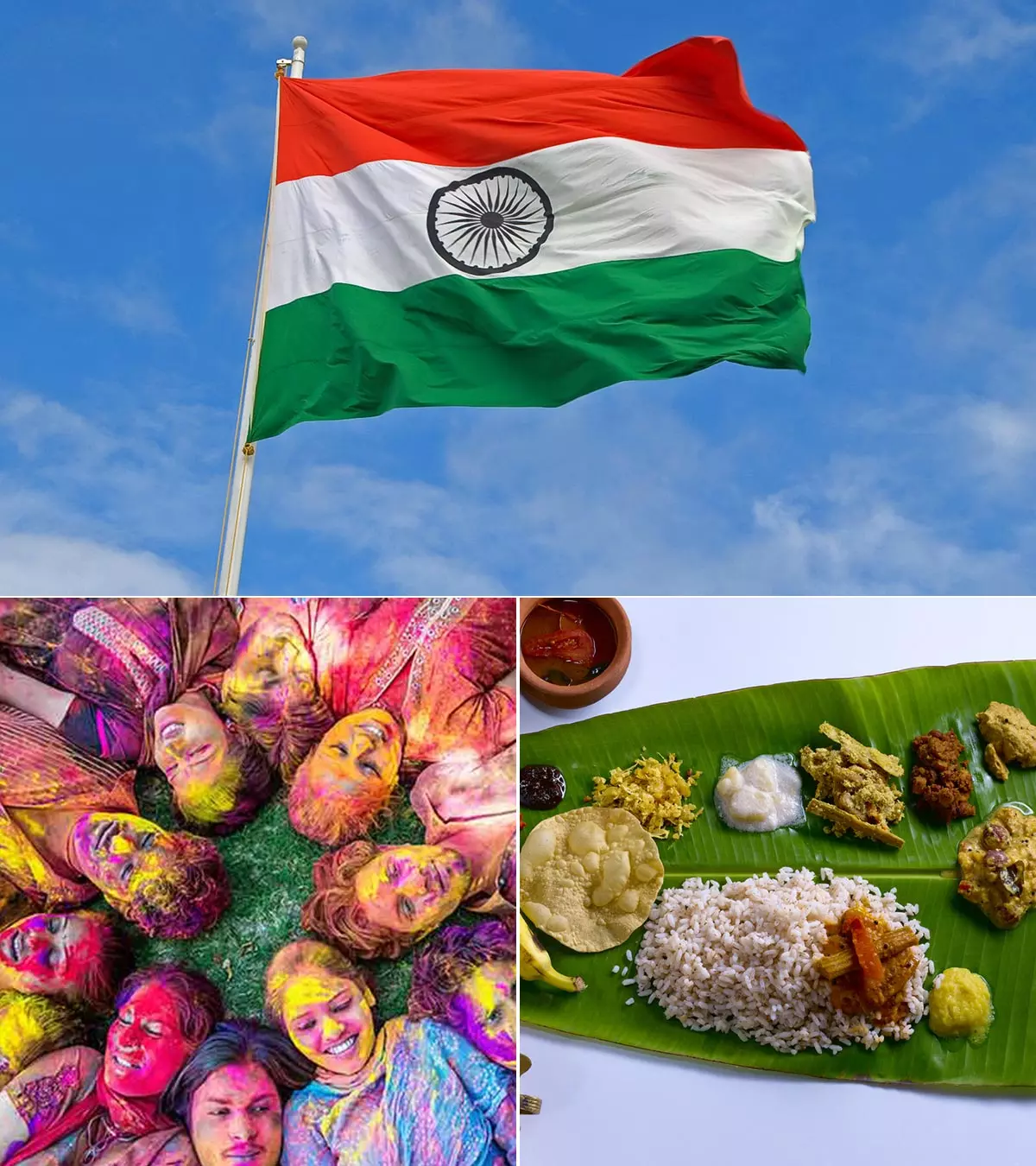
Image: Shutterstock
India is home to more than 1.4 billion people with diverse cultures, which includes over 2,000 distinct ethnic groups. People of this land of diversity speak different languages and dialects and follow different religions. A compilation of facts about India for kids can help introduce young minds to this country’s rich history and traditions.
In this post, we have put together some trivia and interesting facts about India that you can share with your children to help them gain more knowledge about this country.
Key Pointers
- India is the largest democracy in the world, with the world’s only floating post office.
- It is the only country in the world’s history that has never invaded any other country.
- India gave world zero and the decimal system on which Maths and Science concepts reside.
- Sharing more such historical, cultural, science, and food-related facts about India with kids can introduce them to its rich history and traditions.
81 Amazing Facts About India
Did you know these facts?
- The world’s only floating post office is in India. It is situated on a houseboat in the beautiful Dal Lake in Srinagar, in the state of Jammu & Kashmir. This floating post office was started in 1953.
- India is the birthplace of the world’s four major religions — Buddhism, Hinduism, Sikhism, and Jainism.
- India has more than 23 distinct languages, 13 scripts, and over 720 dialects.
- Sanskrit, a language of Indian origin, is the most computer-friendly language.
- Mawsynram, a small village in Khasi Hills, Meghalaya, receives the highest rainfall in the world and is one of the wettest places on the planet. It receives more than 460 inches of rain annually.
- Dr. Rajendra Prasad, the first president of India, accepted only 50% of his salary and returned the rest to the government. He believed in a humble lifestyle and simple living.
- Out of the top ten megacities in the world, three are in India — Delhi, Mumbai, and Kolkata.
- India has the world’s largest youth population.
- Shampooing of hair is originally an Indian concept and dates back to the 16th century.
- One of the oldest forms of body art, Mehendi, was discovered in India.
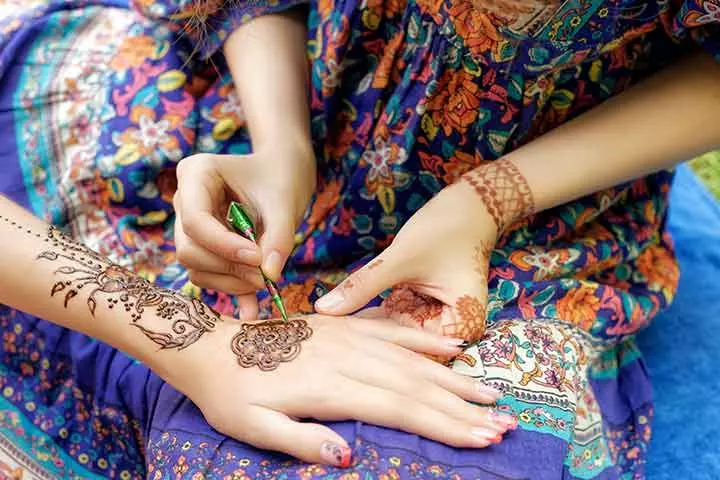
- With more than 15% of the world’s production, India is the world’s largest manufacturer of milk.
- India is the seventh largest country in the world.
- The largest Hindu religious event, the Kumbh Mela, takes place every 12 years in India. The gathering of people is so large that it is even visible from space.
- There are 37 UNESCO world heritage sites in India, including world-renowned landmarks, making it rank at number 6 in the world.
- After the US, India has the largest English speaking population in the world.
- The largest sundial in the world is located at Jantar Mantar, New Delhi.
 Trivia
TriviaScience facts about India
These educational facts related to science and technology will leave you astonished.
- The Indian Space Research Organisation (ISRO) sent Chandrayaan – 1 to the moon in 2008. Indian scientists were the first to discover water on the moon.
- Indian mathematician Aryabhatta developed the concept of 0 and came up with the decimal system. He is one of the most revered and famous personalities in India.
- It is claimed that the Vedas have mentioned gravity long before Issac Newton did (1).
- Plough, a tool used in agricultural fields for cultivation, was invented in India at Kalibangan, a small town located in Rajasthan.
- Weighing scales were first discovered in the Indus valley civilization during 2400 BC to 1800 BC.
- Cataract surgeries were first performed in the 3rd century by Indian physician named Sushruta (2).
- In 1998, Indian scientists tested five nuclear bombs, making it the 6th country in the world to join the nuclear power.
- Indian microbiologist Ananda Mohan Chakrabarty created a species of microorganisms, which enables the breaking down of crude oil.
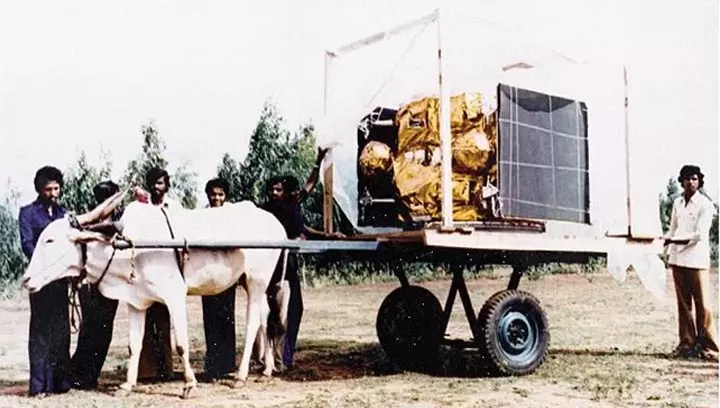
- India was the only source of diamonds until they were discovered in Brazil in the 1700s.
- Crescograph is a device to measure the growth of plants. It was invented in the early 20th century by Sir Jagdish Chandra Bose, an Indian scientist.
- The community of Indian software developers is the second largest in the world.
 Did you know?
Did you know?Facts about Indian Culture
The culture of India represents many religions, communities, and customs. It is an amalgamation of several unique practices and traditions. Did you know these facts about Indian culture?
- Cows are considered sacred in India and Hindus worship them.
- The Indian way of greeting each other is by saying namaste while joining the hands and bowing down a little. Namaste means ‘I bow to you’.
- Rivers are a vital part of Indian culture. For centuries, rivers are being worshiped as forms of goddesses
- Observing a fast or vrat is an integral part of Indian culture. It represents various religious meanings while some people also fast for internal cleansing and purity of mind.
- India believes in the system of arranged marriages and parents find the match for their children. In some cultures, love marriages are even considered a taboo.
- Indian culture advocates atithi devo bhava, ie., the guest is equal to God.
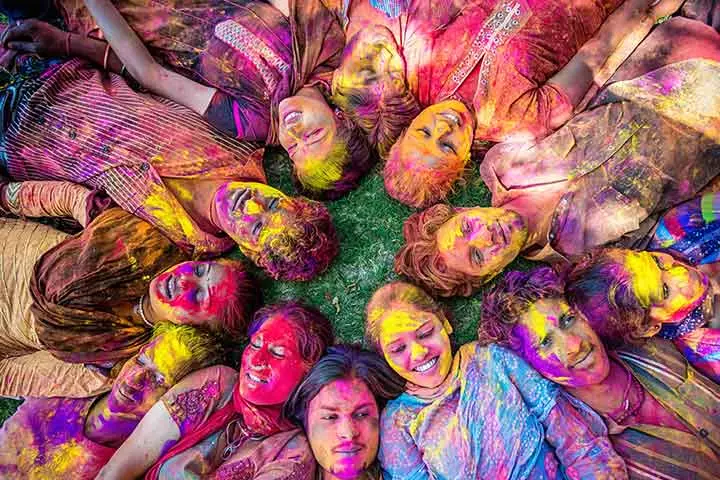
- Diwali, the festival of lights, and Holi, the festival of colors, are two of the biggest festivals celebrated across India.
- Festivals of Ugadi, Baisakhi, Navroz, etc., mark the beginning of the New Year for Hindus in various parts of India. Here is a post on Indian festivals for kids to encourage your child’s curiosity further.
- When a guest visits an Indian home, they are expected to leave their footwear at the door, for cleanliness.
- An amazing fact about Indian culture is that it is always a festive season in India. With the existence of diverse communities and religions, India celebrates various festivals like Eid, Christmas, Sankranti, Lohri, Buddh Poornima and the list is endless.
- A saree, the traditional outfit of Indian women, can be worn in 100 different ways. It is usually 9 yards in length.
Geographical Facts about India
These facts give a deep insight into how vast and diversified the Indian land is.
- More than a million years ago, India was an island.
- The vehicles going downhill the Magnetic Hill in Ladakh seem to be sliding uphill, due to the appearance of the area and slopes around.
- Kanchenjunga in the Himalayas, at 8,586m, is the third highest mountain in the world.
- The highest cricket ground in the world was established in the year 1893. It is located at 2444 meters above sea level, in Chail, Himachal Pradesh.
- The largest Indian state, Rajasthan, covers an area of about 342,238 km2 and is majorly covered by The Thar Desert.
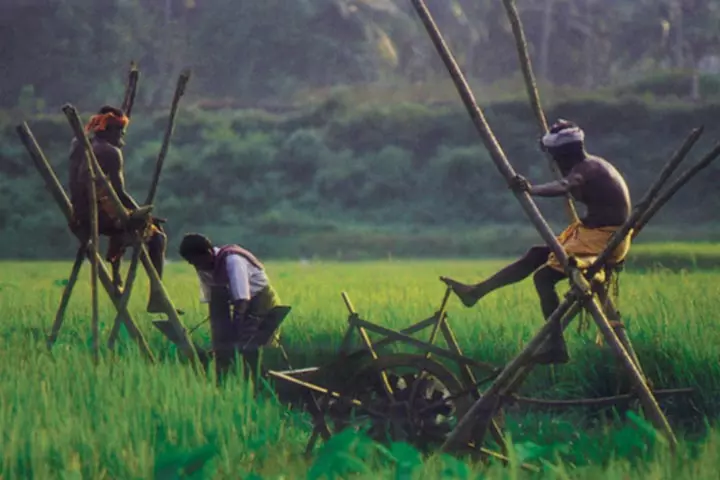
- Kuttanad in Kerala is perhaps the only place in the world where cultivation is done up to 2.2 meters below the sea level.
- One of the largest salt deserts in the world, the Great Rann of Kutch is about 7,500 km2 in area and is located in Gujarat.
 Fun fact
Fun factFacts about the Indian Ocean
The Indian Ocean is the third largest in the world, covering an area of 70.56 million km2. Let us learn some cool facts and intriguing information about the Indian Ocean.
- The ocean is named after India and is also known as the Sindh Mahasagara in India. It covers about one-fifth of water on the earth’s surface.
- The Indian Ocean covers four continents — Asia, Australia, Africa, and Antarctica. It connects 18 Asian countries, 16 in Africa and about 56 islands and island groups.
- The Indian Ocean receives about 6,000km of river runoff from Ganga and Brahmaputra.
- It is home to a large number of aquatic and marine animals such as turtles, seals, sea cows.
- It is one of the warmest oceans, and due to less oxygen content, marine life is limited.
- About 40% of the world’s oil production comes from the Indian Ocean.
 Trivia
TriviaFacts about Indian Food
Spices, a variety of herbs, grains, vegetables and a lot more go into the cooking and preparation of Indian cuisines. These facts about Indian food are so tempting that your mouth will start watering at the mention of them. Ah!
- Rice and wheat are the staple grains in India and are widely consumed at least twice a day.
- India has the largest number of vegetarians in the world. And KFC introduced the first vegetarian menu in the world, exclusively for India.
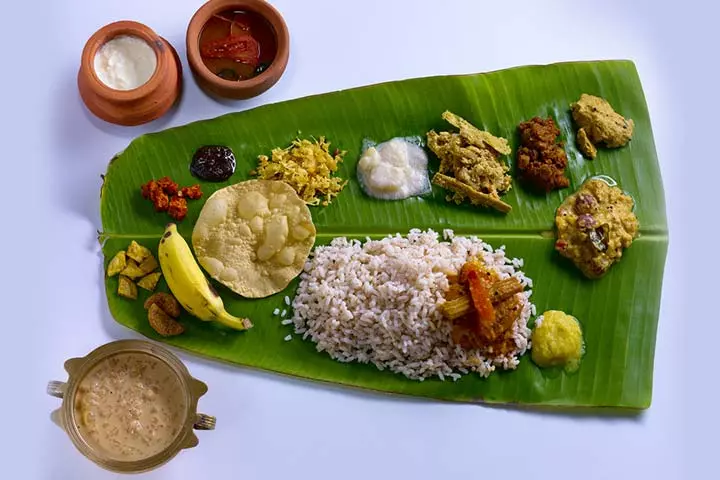
- People from the southern part of India eat meals served on fresh banana leaves, on special occasions like weddings and festivals. The leaves add certain aromas to the food.
- Before the Portuguese introduced sugar to Indians, honey and fruit syrups were used as natural sweeteners.
- Indian food is incomplete without a variety of chutneys, which are usually served as a side dish.
- The authentic cuisines of India consist of six flavors — sweet, salty, sour, pungent, bitter and astringent.
- Bhut jolokia, also called the ghost pepper, is one of the hottest chilies in the world. It is grown in the north eastern states of India and tastes about 400 times spicier than Tabasco sauce.
- Indian chicken tikka masala is not Indian. It originated in Scotland and was popularized in India.
- India is the largest producer of a variety of spices.
- Indians enjoy savoring food with their hands as it aids in engaging all the five senses while eating. Isn’t it an interesting fact about Indians?
Historical facts about India
Indian history dates back millions of years, and learning about these enlightening historical facts about India can leave you amazed.
- An unknown fact about ancient India is never in her entire history did India invade any other part of the world.
- Ancient India believed in the practice of Sati wherein the widows were supposed to surrender themselves in the funeral fire of their husbands. After many reforms, this practice was outlawed.
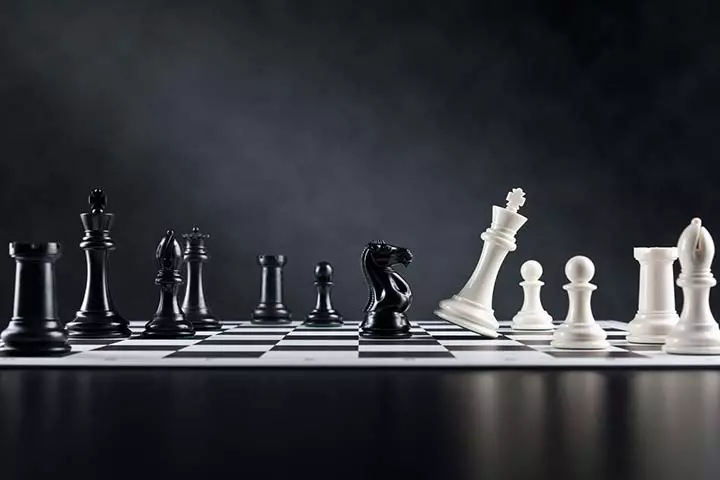
- Chess, also known as Shatranj in Hindi, was invented in India.
- Ancient Indians mastered the extraction of zinc during the 10th century BC and were also experts in metallurgy.
- India was once known as the golden bird of the world because of her wealth but was robbed by many invaders.
- The earliest school of medicine, Ayurveda, originated in India about 2,500 years ago.
- The world’s first university, Takshila, was established during the 700BC. Thousands of students learned more than 60 subjects at the university.
- The value of Pi was calculated in the 6th century by Budhyana, long before the European scholars and mathematicians did.
 Did you know?
Did you know?- The Harappan culture and Indus valley civilizations are one of the advanced and oldest civilizations of the world.
- Sanskrit is considered the mother of various European languages (2).
Facts about the Indian Flag
Here are some interesting details and quick facts about the Indian flag.
- The Indian flag consists of three equal horizontal stripes.
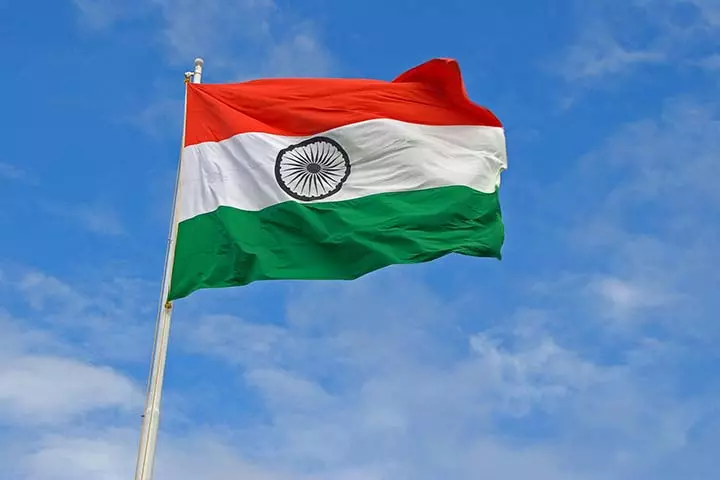
- The colors of the Indian flag — saffron, white and green — represent courage and sacrifice; truth, peace and purity; and prosperity respectively. The Ashoka Chakra in the center symbolizes the laws of dharma i.e., righteousness.
- The manufacturing process of the Indian national flag is regulated by the Bureau of Indian Standards. The flags must be made from khadi cloth of silk or cotton. Nine standard sizes of the flag are specified by law.
- The tricolor was designed by Pingali Venkayya, a farmer who was involved in the nation’s freedom struggle.
- It became the national flag on July 22, 1947, and was adopted officially during a meeting of the Constituent Assembly.
Facts About Indian Music
Indian music is as diverse as the country. Here are a few interesting facts.
- Indian classical music is believed to be derived from the hymns present in the Vedas, one of the oldest texts in Hinduism.
- Classical music in India is classified into two main types. North Indian classical music is known as Hindustani music, while South Indian classical music is called Carnatic music (3).
- There are over 11 types of folk music in India belonging to different states and cultures. A few of them are Baul, Bhatiali, Bihugeet, Dandiya, Lavani, Naatupura, and Koli.
- Indian pop music is a blend of traditional and contemporary music from different parts of the world.
Frequently Asked Questions
1. Which is the national fruit of India?
Mango is the national fruit of India. Besides India, mango is also known as the national fruit of Pakistan and the Philippines (4).
2. Why does the Indian flag have 24 spokes?
The 24 spokes in the Ashok chakra represent 24 hours of the day. The Ashok Chakra is also called the Dharmachakra or wheel of law and signifies death in stagnation and life in movement (5).
3. What is the most popular sport in India?
The most popular sport in India is cricket. It is the most played game and appeals to both males and females. Football, Kabaddi, field hockey, and table tennis are other popular sports.
4. How many states are in India?
There are 28 states in India, and eight union territories, and every region has a distinct demography, history, and culture (6).
5. What is the main language spoken in India?
India does not have a national language. However, Hindi is the most widely spoken language across the country, along with English, Bengali, Telugu, Marathi, Tamil, and Gujarati, among others.
6. What is the currency used in India?
Indian Rupee is the official currency of India. Its symbol is ₹, and its code is INR.
Many fascinating and fun facts about India for kids can be found in various fields, including science, history, culture, and geography. India is a country rich in cultural diversity, and its vast population speaks a wide range of languages and dialects. In addition, India’s cuisine is diverse and incorporates a large spectrum of flavors. Teaching your little ones these fascinating facts about India can pique their curiosity and motivate them to learn more about this incredible country. Learning about different countries also helps them become more empathetic to people of different cultures and backgrounds. Once you are done telling them these facts, you could also engage them in some India coloring pages.
Infographic: National Identity Elements Of India
National Symbols or the National Identity Elements of India represent the country’s culture. These symbols promote patriotism and instill pride among its citizens. Take a look at this infographic that lists India’s National Symbols and some interesting facts about them. Illustration: Momjunction Design Team
Illustration: Interesting Facts About India For Kids To Appreciate

Image: Stable Diffusion/MomJunction Design Team
India is a diverse country made up of many languages and cultures. Learn cool facts about this fascinating country through this video.
References
- Mr. Avinandan Krishna Mandal; Origin of Laws of Motion (Newton’s Law): An Introspective Study
https://www.ajer.org/papers/Vol-9-issue-7/K09078792.pdf - K B Kansupada, J W Sassani; Sushruta: the father of Indian surgery and ophthalmology
https://pubmed.ncbi.nlm.nih.gov/9476614/#:~:text=In%20particular%2C%20Sushruta%20describes%20what - Chapter 3: The Music of India
https://pressbooks.cuny.edu/apiza/chapter/chapter-4-the-music-of-india/ - Dr. Indu Mehta; History of Mango – ‘King of Fruits’.
http://www.ijesi.org/papers/Vol(6)7/Version-3/D0607032024.pdf - History Of Indian Tricolor
https://knowindia.india.gov.in/my-india-my-pride/indian-tricolor.php#:~:text=of%20the%20land.- - States and Union Territories
https://knowindia.india.gov.in/states-uts/#:~:text=The%20system%20of%20government%20in - Maharashtra Right to Information Act.
https://www.humanrightsinitiative.org/programs/ai/rti/india/workshops/speaking_notes_mrti_workshops_oct04.pdf - Kanyakumari.
https://www.incredibleindia.gov.in/en/tamil-nadu/kanniyakumari
Community Experiences
Join the conversation and become a part of our nurturing community! Share your stories, experiences, and insights to connect with fellow parents.
Read full bio of Ulka Parab
Read full bio of Harshita Makvana
Read full bio of Deepa Thomas
Read full bio of Praggya Joshi







